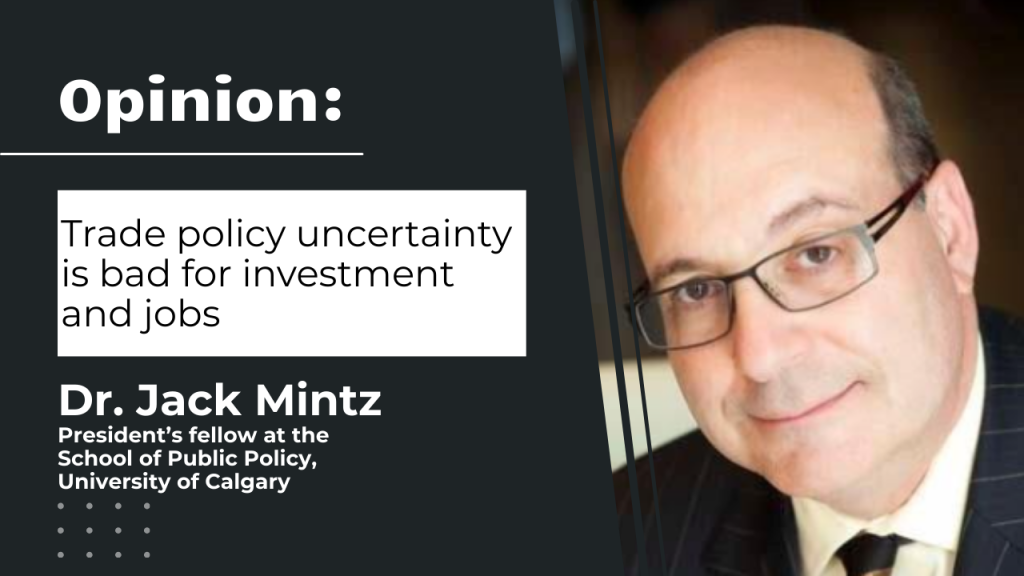Trade‑policy uncertainty is shown to suppress business investment, with Canada alone estimated to have lost roughly $108 billion since the onset of heightened tariff disputes. When firms face unclear trade rules, irreversible projects are postponed, slowing GDP growth and job creation. A stable, low‑tariff environment is therefore essential for revitalizing investment flows.
Alberta’s recent auto insurance reforms – including the Care First no fault model, the annual excess profit review, and strict rate cap limits – have been blamed for driving insurers out of the province. Premiums now sit near $1,835 per driver, the second highest in Canada, while market competition dwindles and consumer choice erodes.
The GST credit, renamed the Canada Groceries & Essentials Benefit, receives a 50% boost in its first year and a 25% lift for the following four. While framed as a relief for low income Canadians facing soaring food costs, opponents argue the program merely repackages an existing rebate – groceries are already tax free – into a new liberal leaning social handout.
Ottawa’s recent memorandum of understanding promises a new oil‑pipeline to the West Coast, but the measure is framed as insufficient to heal Alberta’s long‑standing sense of alienation. Critics argue that the pipeline will merely shift the fiscal burden, leave the province with a “pipe dream,” and fail to address deeper grievances over equalization payments, high taxes, and perceived central‑Canada dominance.
Ottawa’s latest tariff regime is portrayed as protecting Ontario’s steel sector, yet the policy is being felt most acutely in Western Canada. Higher rail costs, subsidies that fall short, and delayed infrastructure projects are cited as consequences, while regional tensions rise as provinces outside Ontario shoulder the financial burden.
Alberta’s heavy oil sector stays resilient despite higher carbon taxes and tighter decarbonisation rules. With Venezuelan oilsand output falling, Alberta’s in situ extraction remains a strong substitute for U.S. Gulf Coast demand, keeping sales steady – for now. The article argues there’s no immediate cause for panic, but warns against pipeline delays and policy lag.
The 2026 economic forecast for Canada is marked by significant headwinds. While a proposed $80 billion deficit program is intended to spark short‑term growth, enduring trade and regulatory challenges must be resolved. Success will depend on swift, coordinated policy action that stabilizes rules, accelerates project timelines and convinces investors to keep capital in Canada.
This year marked a notable surge in state‑driven capitalism across North America, reshaping markets and policy alike. While governments aim to boost growth and stability, the model’s inherent inefficiencies and market distortions raise serious doubts about its long‑term viability. Explore why this experiment is unlikely to succeed and what it means for businesses and consumers.
Israel’s market bounce defies short seller bets. Resilient economic growth, robust tech exports, and strong foreign investment have driven a rapid rebound. Israel’s tech heavy Nasdaq presence, immigration driven talent pool, and smart economic policies amplify this upside, leaving short sellers with mounting losses and making a market decline wager far riskier than ever.
High profile deals such as the recent Memorandum of Understanding (MOU) often fall short of expectations, leaving investors skeptical. These “grand bargains” frequently fail to deliver promised value – over-estimated synergies, regulatory hurdles, and rushed integrations routinely undermine outcomes, resulting in stakeholder disappointment.











